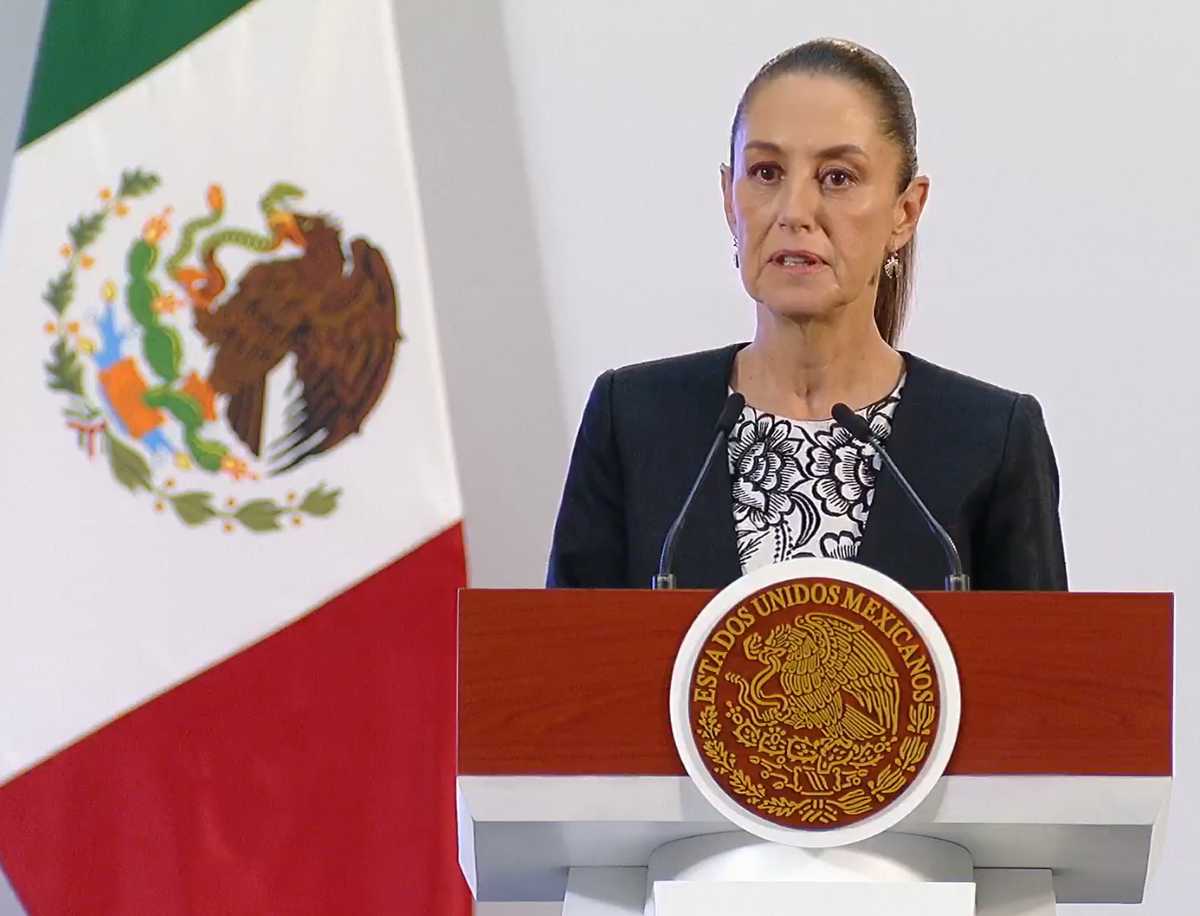Claudia Sheinbaum Condemns Supreme Court Actions Amid Heated Debate Over Judicial Reform
President Claudia Sheinbaum confronts Mexico's Supreme Court over judicial reform while unveiling ambitious healthcare initiatives. Her administration presents a five-point health sector plan and maintains diplomatic stance on U.S. relations.

In a forceful and uncompromising tone, Mexican President Claudia Sheinbaum Pardo launched a pointed critique against the Supreme Court of Justice of the Nation (SCJN), arguing that the judicial body has overstepped its constitutional bounds. Her comments came as the highest court continues to evaluate the partial invalidity of the judicial reform—an issue that has ignited an intense national debate and highlighted ongoing tensions between Mexico's executive and judicial branches.
“SCJN is violating the Constitution,” Sheinbaum declared, her voice resolute, during a high-stakes conference in Mexico City. “They are overstepping their functions. Who is causing a constitutional problem? Because I don't even want to call it a crisis—that's what our adversaries call it. Who is causing it? The Court.”




